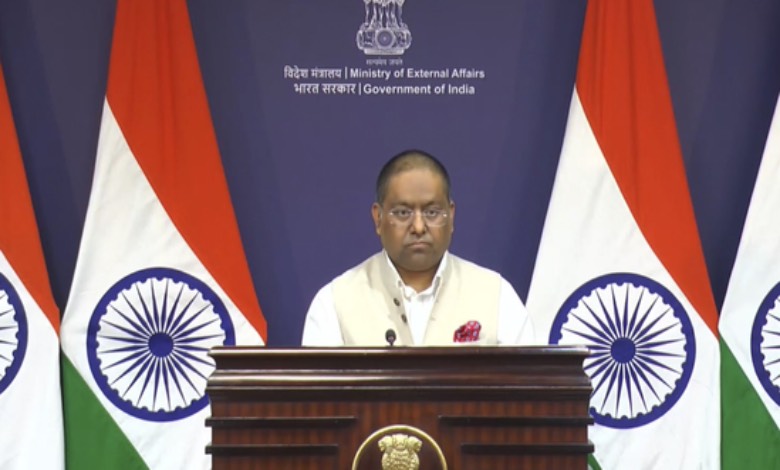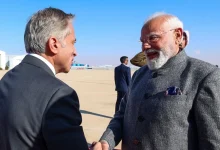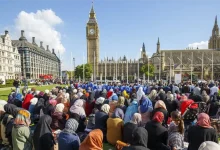
New Delhi: India on Tuesday firmly dismissed US President Donald Trump’s offer to mediate on Kashmir and refuted his suggestion that trade negotiations averted a potential “nuclear war” with Pakistan. The Ministry of External Affairs (MEA) clarified that India’s military actions under Operation Sindoor were strictly conventional, with no nuclear dimension.
The operation, launched on May 7, targeted terrorist bases in Pakistan-controlled territory in retaliation for the Pahalgam terror attack. The ensuing four-day conflict saw both nations exchange drone and missile strikes, escalating tensions before a ceasefire was agreed upon on May 10.
Trump had claimed credit for brokering the truce, calling it a “US-brokered ceasefire,” and reiterated his willingness to mediate on Kashmir. He also asserted that trade discussions had prevented a “bad nuclear war” between the two neighbors.
MEA spokesperson Randhir Jaiswal reaffirmed India’s stance that Kashmir remains a bilateral issue, stating, “Our position is clear—matters related to Jammu and Kashmir must be resolved directly between India and Pakistan.” He emphasized that Pakistan must vacate illegally occupied Indian territories.
Addressing Trump’s nuclear war remarks, Jaiswal stressed that Operation Sindoor was purely conventional. Despite rumors of Pakistan’s National Command Authority convening on May 10—the day of heaviest strikes—Islamabad later denied any nuclear escalation. “Pakistan’s foreign minister has publicly dismissed the nuclear angle. India does not yield to nuclear threats or tolerate cross-border terrorism,” Jaiswal added.
India also dismissed speculation about foreign mediation in the ceasefire, clarifying that the truce terms were negotiated directly between the Directors General of Military Operations (DGMOs) of both countries. The agreement followed India’s decisive strikes on eight Pakistani airbases on May 10, which Jaiswal said forced Pakistan to seek de-escalation. “It was India’s military strength, not external pressure, that ended hostilities,” he stated.
Prime Minister Narendra Modi, in a national address, outlined India’s new counterterrorism doctrine, vowing to strike terrorist hideouts “precisely and decisively,” even if shielded by nuclear threats.
Meanwhile, punitive measures against Pakistan, including the suspension of the Indus Waters Treaty, remain in effect. Jaiswal accused Pakistan of violating the treaty’s spirit by sponsoring terrorism and stated it would stay suspended until Islamabad renounces cross-border terror.
Responding to Pakistan’s criticism of India’s “new normal” approach, Jaiswal warned that Islamabad could not evade accountability for fostering “terrorism on an industrial scale.” He also countered claims by Pakistan’s Foreign Minister Ishaq Dar, asserting that Operation Sindoor had crippled terror hubs in Bahawalpur, Muridke, and Muzaffarabad. “If Pakistan wishes to celebrate its military losses as achievements, that’s their choice,” he remarked.
Jaiswal concluded that Pakistan’s threats of a “massive assault” on May 9 collapsed after India’s retaliatory strikes, prompting Islamabad to seek a ceasefire. “The message is clear—India will respond forcefully to terrorism and aggression,” he said.




